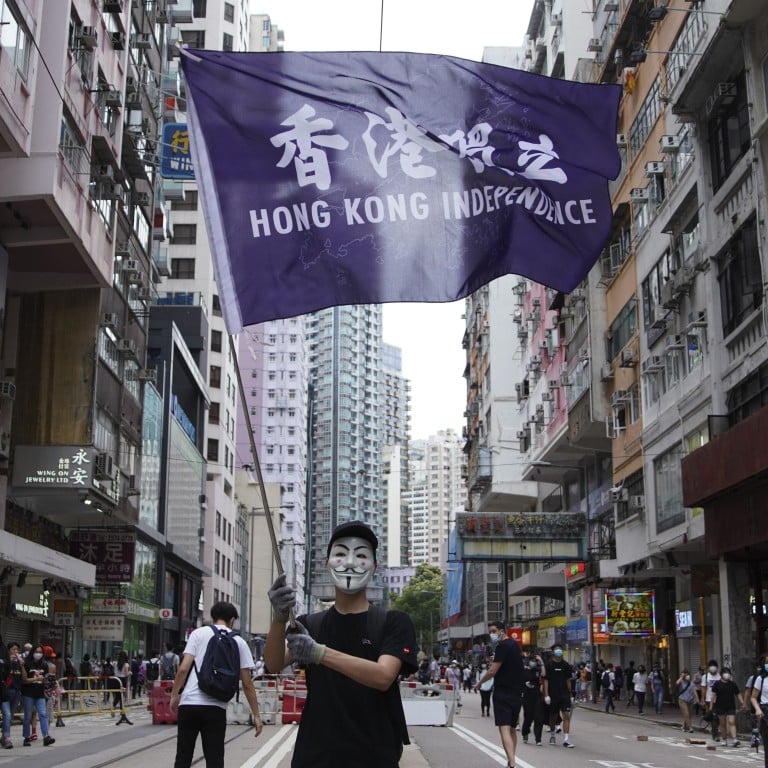
Explainer | Beijing has approved a national security law for Hong Kong, but what will it mean and what are the concerns?
- Hong Kong now finds itself caught amid escalating tensions between China and the US
- We look at its implications for the city’s core principles such as rule of law and ‘one country, two systems’
In the first of a three-part special on the National People’s Congress’ resolution for new national security legislation for Hong Kong, we review what prompted the move and the questions it has sparked.
Local and mainland agents in Hong Kong may work like British-era Special Branch
President Donald Trump subsequently announced the US government would begin eliminating special policy exemptions it grants Hong Kong.
Hong Kong now finds itself caught amid escalating tensions between China and the US. These are some key questions about what lies ahead for the city.
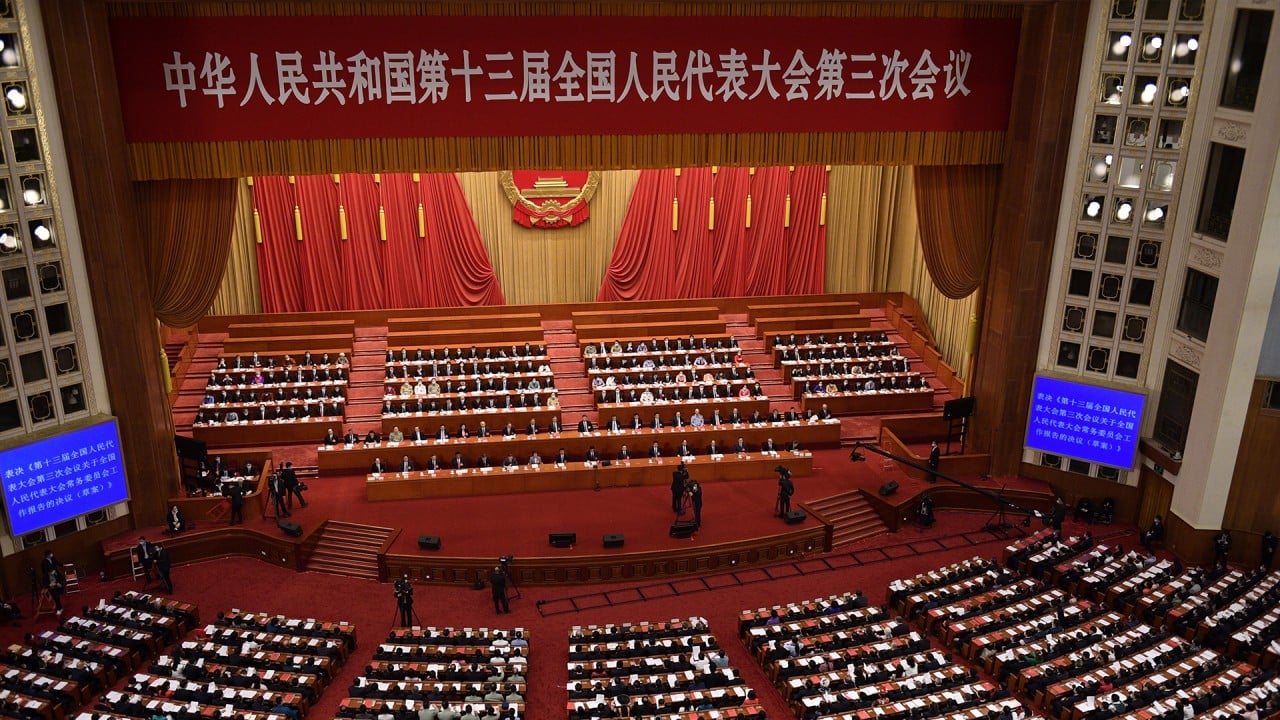
02:33
China’s top legislature approves national security bill for Hong Kong
What is the national security law, and why does Beijing want it now?
The law is intended to “prevent, stop and punish” acts and activities in Hong Kong that threaten to split the country, subvert state power, organise and carry out terrorist actions and other behaviour that seriously endangers national security, as well as foreign interference in the city’s affairs.
Legal experts question Hong Kong’s new national security law
Hong Kong’s leader will be required to safeguard and conduct national security education in the city.
Under the Basic Law, or the city’s mini-constitution, Hong Kong is expected to enact its own national security law, but has failed to do so. In 2003, the city’s government tried to pass such a law as spelled out under Article 23, but was forced to abandon the bill after an estimated half a million people took to the streets protesting that it would curb their rights and freedom.
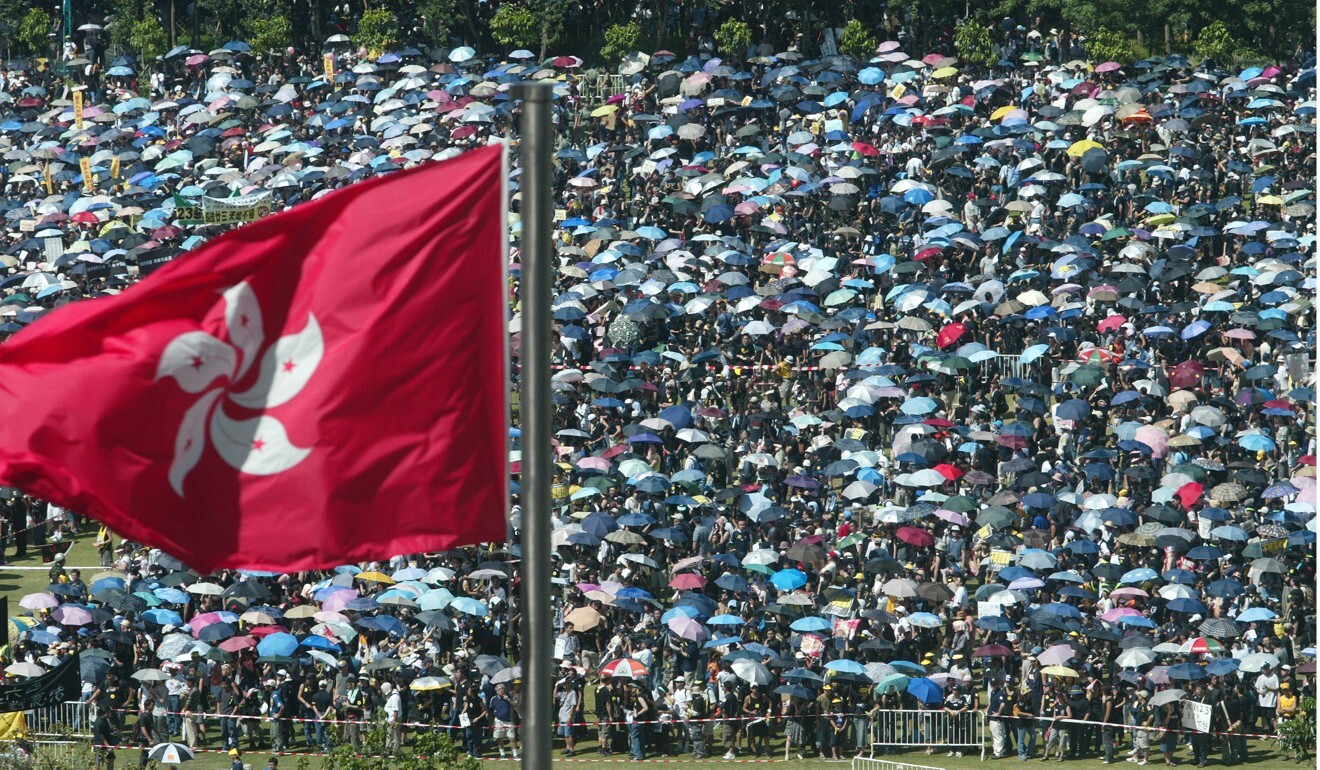
How have Hongkongers responded to Beijing’s move?
Opposition politicians said Beijing was effectively replacing one country, two systems with “one country, one system”. The Civic Party’s Tanya Chan feared that mainland intelligence agencies set up in the city under the new legislation would be above Hong Kong law.
Calling the proposed law the biggest turning point since the city was returned by the British to China in 1997, she said: “Hong Kong’s reputation as an international financial centre is being threatened.”
Last Sunday, thousands took to the streets to protest against the proposed law. Thousands took to the streets again on Wednesday.
Hong Kong’s deputies to the NPC hope the new law will end the protest movement and restore long-term stability to the city. One of them, Ip Kwok-him, said foreign interference in Hong Kong was a “very serious” matter and it was best to have the new law passed soonest.
An alliance of pro-Beijing groups, led by heavyweight politician Starry Lee Wai-king and others, launched a signature campaign last weekend and reported about 1.1 million people in favour of the law had signed. Those supporting the law have also pointed out that many other countries, including Western nations like the US, have similar legislation.
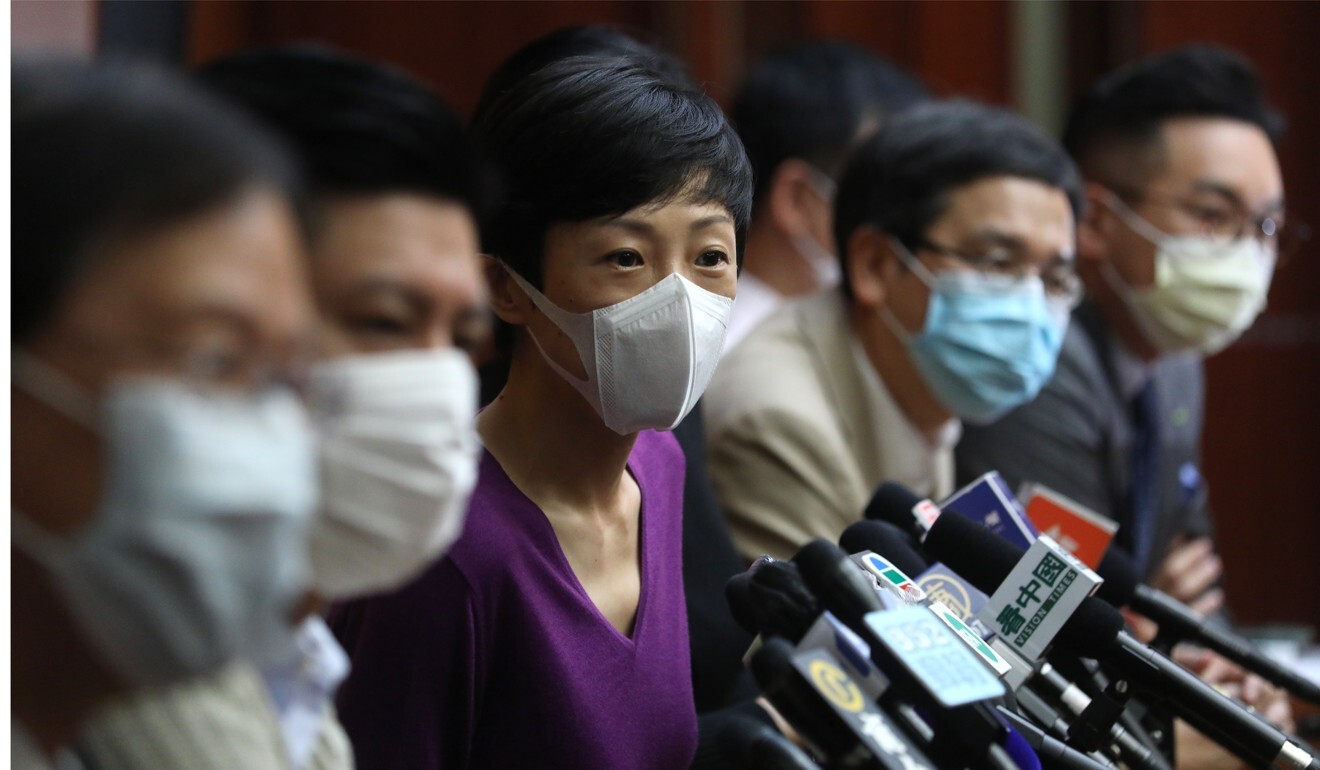
What do Hong Kong’s tycoons and businesses say?
Peter Lee Ka-kit, co-chairman of Henderson Land Development, said Hong Kong’s economic status would be “hard to keep” without a national security law. The city had to spare no effort in protecting jobs, people’s livelihoods and the market, he said.
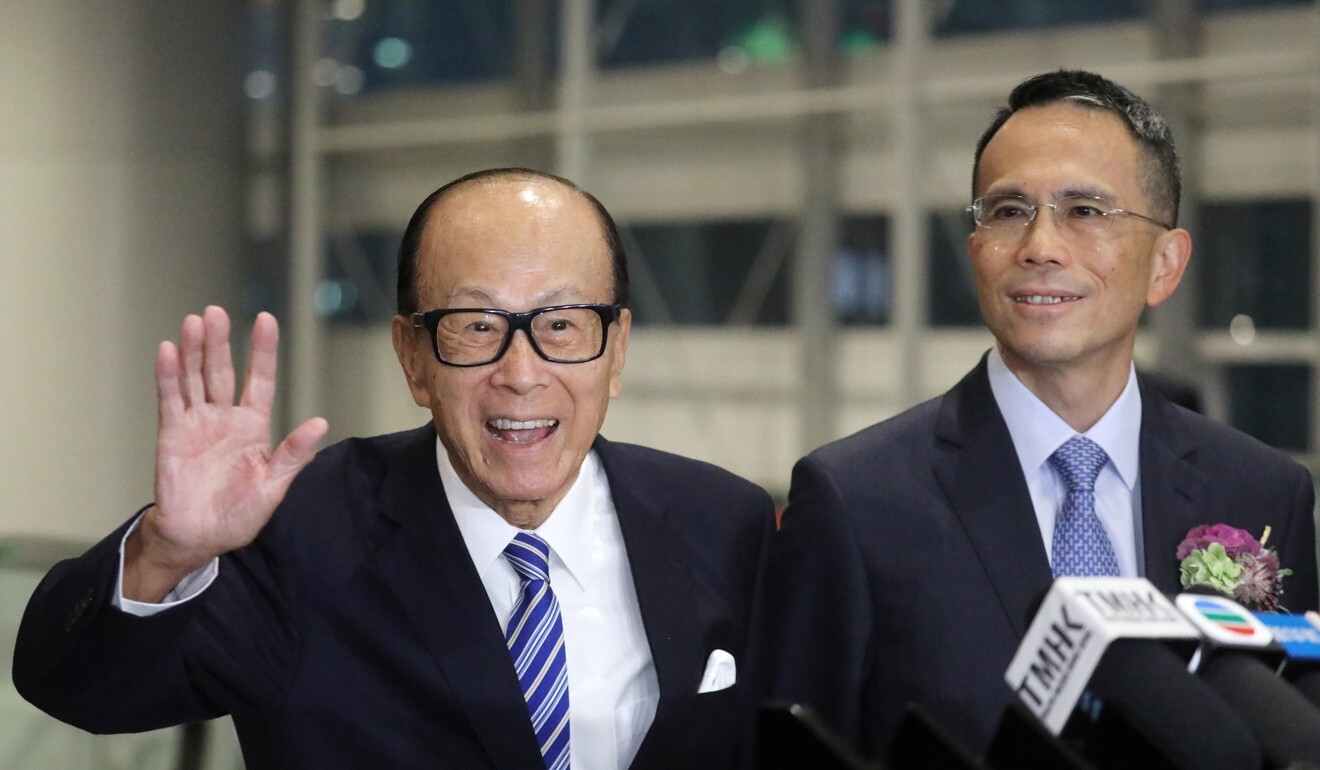
The Hong Kong General Chamber of Commerce said the business community had been hoping for a stable environment and understood the need for a national security law. It hoped the authorities could make clear the legislative provisions and implementation details as quickly as possible. But Tara Joseph, president of the American Chamber of Commerce in Hong Kong, said the proposed law sent a worrying signal to the international business community.
US taps allies to pressure China over Hong Kong national security law
Now that the NPC has endorsed the proposed law, what happens next?
The next step is for the NPC Standing Committee to draw up the draft bill, which will then be put before the body’s bimonthly meeting. This could happen as early as June.
Tam Yiu-chung, Hong Kong’s only representative on the committee, said it usually took one or two of the week-long meetings for a law to be passed. That means the national security law for Hong Kong could be passed as early as June or August.
He said Hongkongers worried about the new law could submit their views to the legislature via an online platform, although local political commentators did not think such feedback would make a difference.
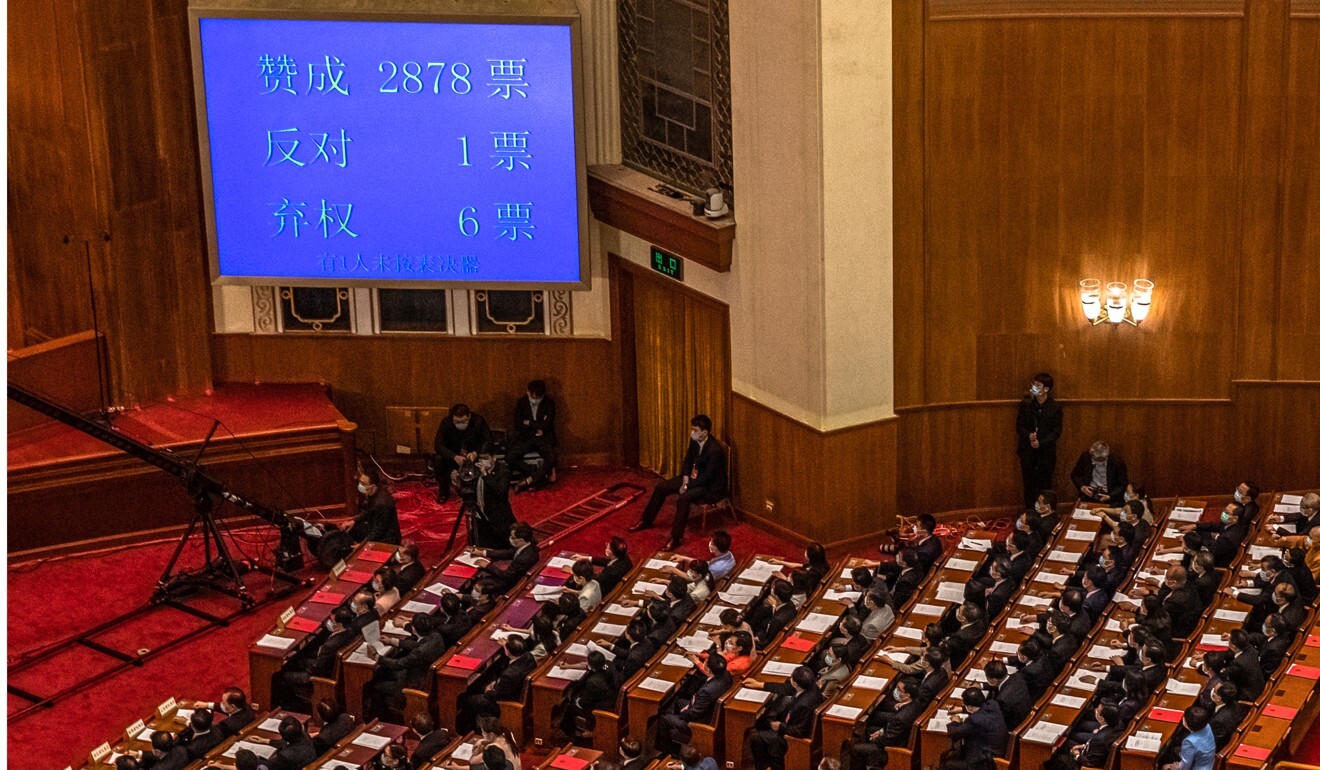
What are legal experts concerned about?
Legal experts say a number of questions have yet to be answered, not least how broadly Beijing will define a threat to national security, and who will have the power to monitor mainland agencies that may be set up in Hong Kong.
Hong Kong’s Bar Association said it was “entirely unclear” how these agencies would operate under and be bound by the city’s laws. There was also no assurance that the security law – given its status as a national law – would comply with provisions of the International Covenant on Civil and Political Rights, to which Hong Kong was a signatory.
Part 2 of 3-part special: Legal experts question new national security law
But Ronny Tong Ka-wah, a former Bar Association chairman, believed the mainland security agencies would be set up in Hong Kong only if the city’s government was unable to “manage the situation”. He believed these agencies’ officers would be bound by local laws.
Elsie Leung Oi-sie, former vice-chairwoman of the Basic Law Committee, expected mainland agents to be subject to both Hong Kong and national laws.
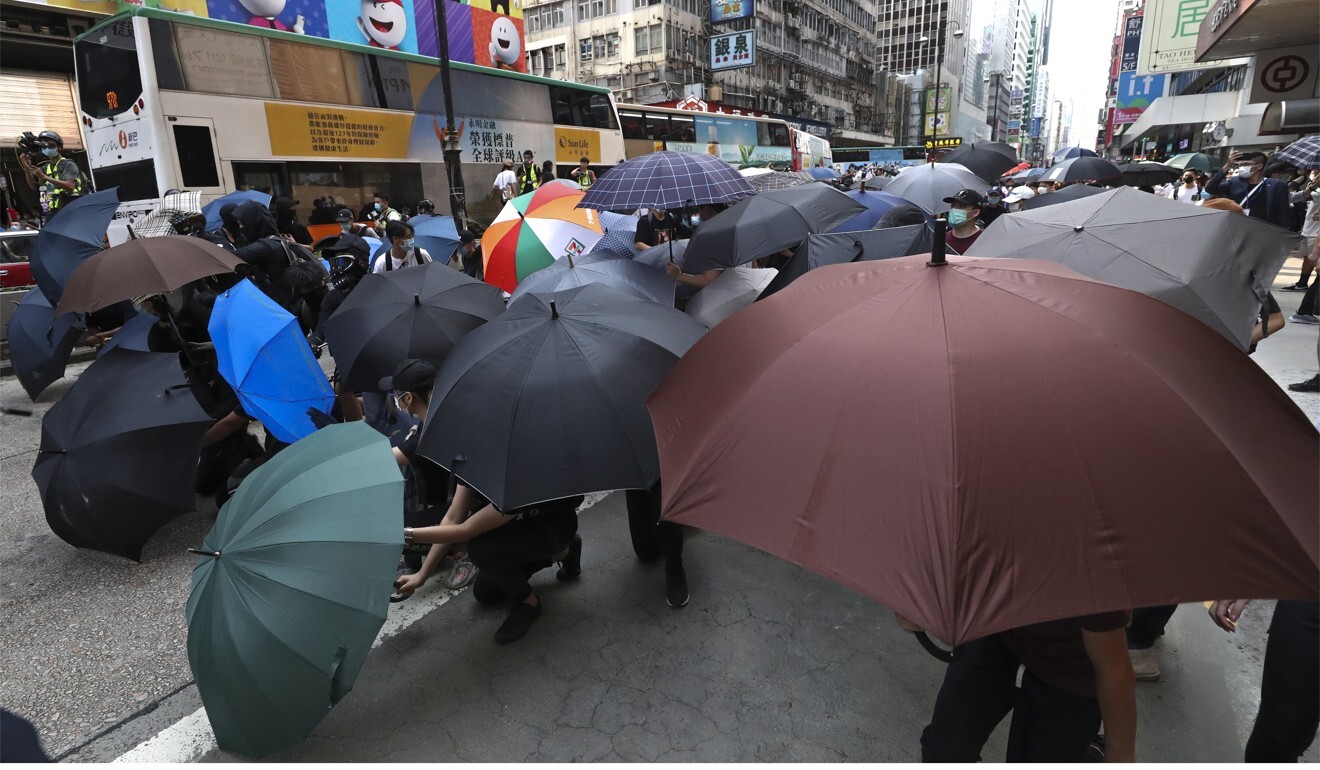
How will those accused of endangering national security be dealt with?
Maggie Chan Man-ki, a Hong Kong deputy to the NPC, suggested setting up special national security courts in the city, with judges who are Chinese nationals and Hong Kong permanent residents with no right of abode in foreign countries.
But Elsie Leung, a former justice minister, saw no need for special courts to hear security cases. She said, contrary to a wire agency report, that barring judges of foreign nationalities from hearing those cases would not be compatible with the Basic Law.
A senior legal source said suspects would not be sent to the mainland to be tried.
‘Hongkongers should not worry about law enforcement by mainland agencies’
Does this mean Hong Kong no longer needs to enact its own national security law as required under the Basic Law’s Article 23?
It must still do so. The NPC resolution says Hong Kong should complete the national security legislation stipulated in the Basic Law “at an earlier date”.
Article 23 says the national security law must prohibit any act of treason, secession, sedition, subversion against the central government, or theft of state secrets, prevent Hong Kong political organisations or bodies from establishing ties with foreign political organisations, and prohibit foreign political organisations from conducting political activities in the city.
The NPC resolution covers secession, subversion and foreign interference, as well as terrorism.
Will Hongkongers be allowed to hold the annual June 4 vigil?
A source with knowledge of Beijing’s position said Hongkongers would still be allowed to mark the anniversary of the 1989 Tiananmen Square crackdown, and continue to criticise the central government and Communist Party.
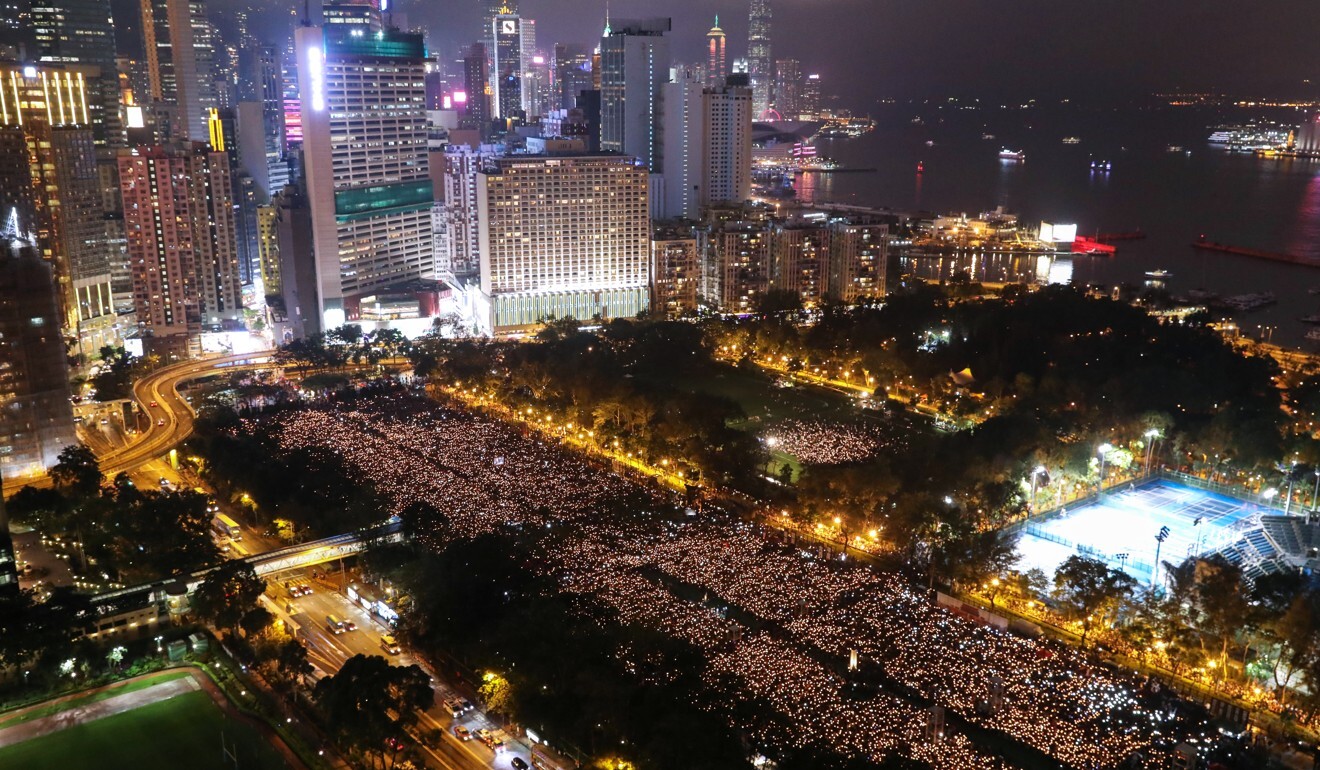
But Lee Cheuk-yan, chairman of the Hong Kong Alliance in Support of Patriotic Democratic Movements of China, which organises the annual vigil, was worried that Beijing would consider his group a threat to national security because its slogans included calls to “end one-party dictatorship” and “build a democratic China”.
He was concerned the alliance’s representatives would be accused of inciting subversion of the state if they supported mainland human rights lawyers charged with subversion.
Former Hong Kong leader Tung Chee-hwa told media earlier this week that it would not be a problem to chant the alliance’s slogans, but it would be an issue if actions were then taken in an attempt to overthrow Chinese rule.




